In the contemporary job market, where competition is fierce and opportunities are abundant, the art of facing an interview is a skill that can make or break one’s career prospects. Whether you’re a fresh graduate stepping into the professional world or a seasoned professional seeking advancement, the ability to navigate through the interview process effectively is crucial. Interviews serve as the gateway to landing your dream job, and mastering this art requires preparation, confidence, and strategic execution.
Preparation is Key
The foundation of successful interview performance lies in thorough preparation. Research the company, its culture, mission, and values. Understand the job role you’re applying for and tailor your responses accordingly. Familiarize yourself with common interview questions and prepare concise yet comprehensive answers. Additionally, anticipate questions specific to your field or industry and practice your responses.
Prioritize Personal Grooming
Your appearance speaks volumes about your professionalism and attention to detail. Prioritize personal grooming to present yourself in the best possible light. Dress appropriately for the interview, adhering to the company’s dress code or opting for business attire if in doubt. Ensure your clothing is clean, well-fitted, and wrinkle-free. Pay attention to personal hygiene, grooming your hair, trimming facial hair (if applicable), and maintaining a neat and polished appearance.
Craft Your Narrative
An interview is not just about answering questions; it’s about telling your story. Showcase your skills, experiences, and achievements in a compelling manner. Develop a narrative that highlights your strengths and demonstrates how you can add value to the organization. Use concrete examples to illustrate your accomplishments and abilities. Remember, storytelling humanizes your candidacy and leaves a lasting impression on the interviewer.
Master Non-verbal Communication
Communication is not solely verbal; non-verbal cues play a significant role in shaping perceptions. Maintain good eye contact, sit up straight, and exude confidence through your body language. A firm handshake, a genuine smile, and attentive listening convey professionalism and engagement. Pay attention to your tone of voice and pace of speech, aiming for clarity and coherence.
Embrace the STAR Technique
When responding to behavioral questions that require examples from past experiences, employ the STAR technique: Situation, Task, Action, Result. Start by describing the situation or context, outline the task you were faced with, detail the actions you took to address it, and conclude with the positive results or outcomes achieved. This structured approach demonstrates your problem-solving abilities and showcases your potential contributions to future challenges.
Showcase Adaptability and Resilience
Employers seek candidates who can thrive in dynamic environments and adapt to evolving circumstances. During the interview, emphasize your flexibility, willingness to learn, and ability to navigate change. Illustrate instances where you successfully managed challenges, overcame obstacles, or demonstrated resilience in the face of adversity. Highlight your growth mindset and eagerness to embrace new opportunities for personal and professional development.
Ask Thoughtful Questions
An interview is a two-way conversation, and asking insightful questions demonstrates your genuine interest and enthusiasm for the role and the organization. Prepare a list of questions that delve into the company’s culture, team dynamics, growth opportunities, and expectations for the role. Engage with the interviewer, seek clarification, and demonstrate your curiosity about the company’s vision and future prospects.
Follow-Up with Gratitude
After the interview concludes, express your gratitude to the interviewer for the opportunity. Send a personalized thank-you email reiterating your interest in the position and highlighting key points discussed during the interview. This gesture not only reinforces your enthusiasm but also leaves a positive impression on the interviewer, potentially tipping the scales in your favor. Recommended read: : How to write the perfect follow-up email.
Incorporating personal grooming into your art of facing an interview preparation routine underscores your commitment to professionalism and attention to detail. By presenting yourself in a well-groomed and polished manner, you not only enhance your physical appearance but also convey confidence, respect, and preparedness to the interviewer. Remember, personal grooming is an integral aspect of the art of facing an interview, contributing to the overall impression you leave on prospective employers.
Next Read: First Impression Matters


